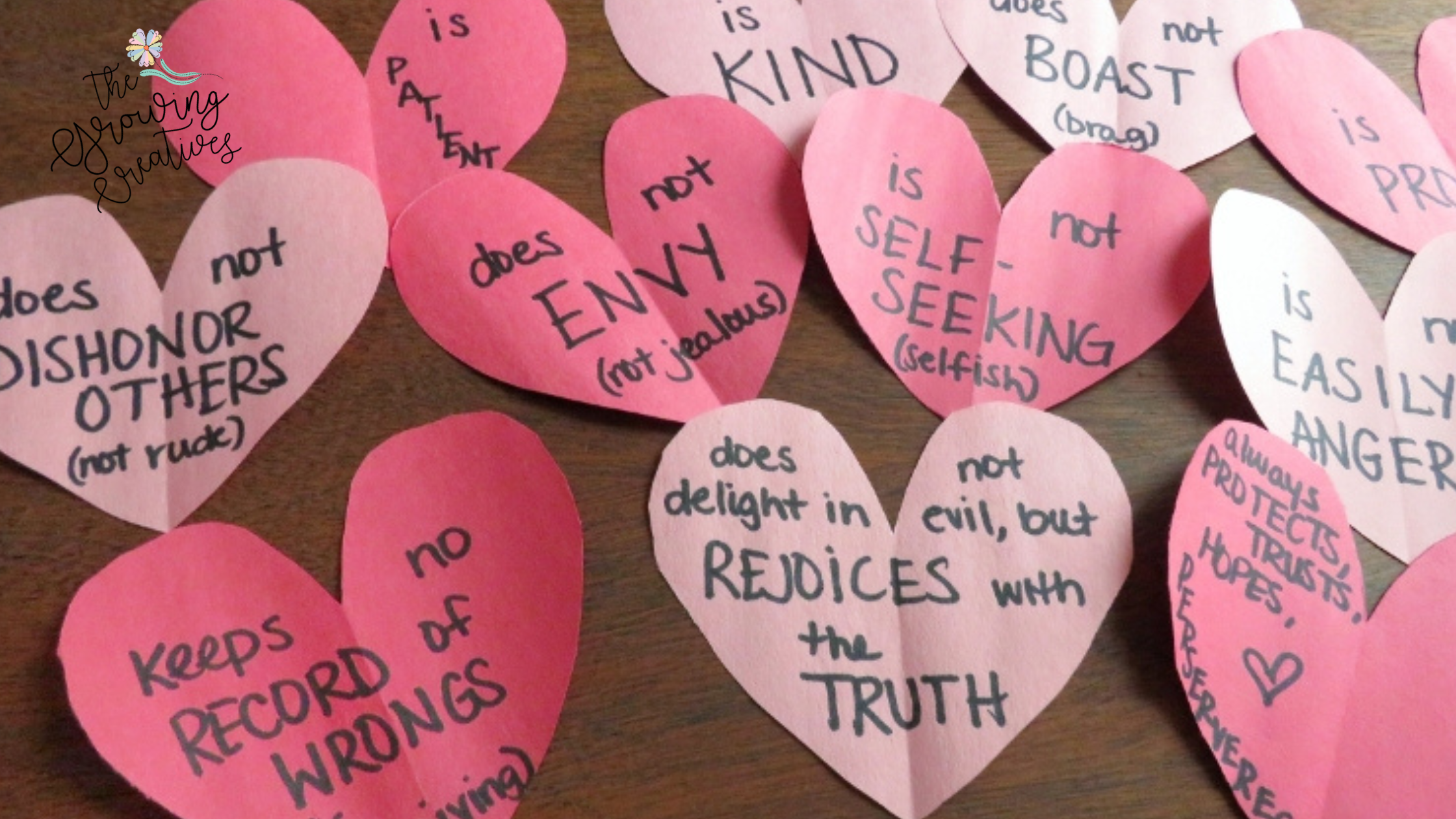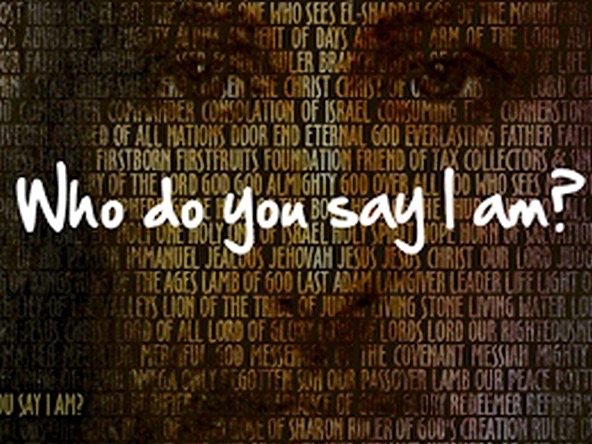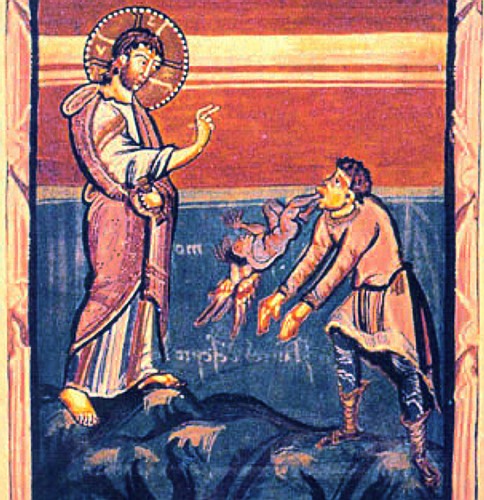HOPE Daily Devotional: Dec 3
Cultivate hope each day this week. December 3: Hope through Community Scripture: Romans 15:13 — May the God of hope fill you with all joy and peace in believing, so that you may abound in hope by the power of the Holy Spirit. Meditation: Part of our capacity to hope comes from being connected to […]





